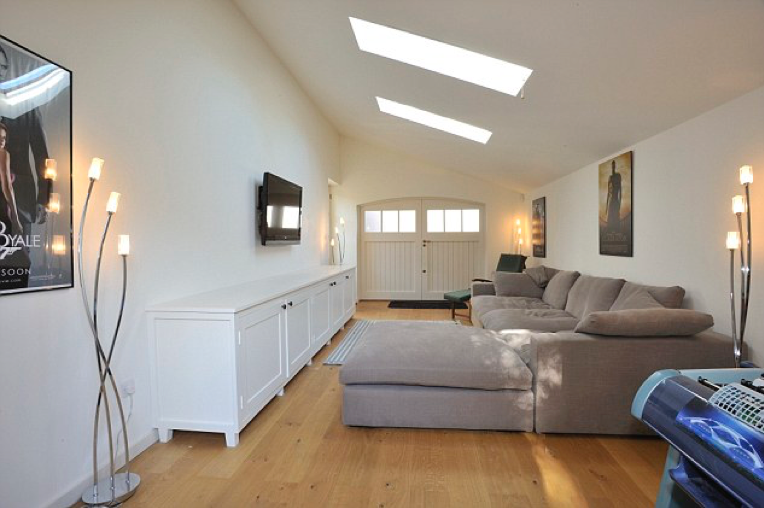
When you need more space in your home, two popular options to consider are garage conversions and home additions. Both options have their own advantages and considerations, so it’s important to weigh the pros and cons before making a decision. Here’s a breakdown to help you make an informed choice:
Garage Conversion:
Pros:
Cost-effective: Converting an existing garage is generally more budget-friendly compared to building a new addition from scratch.
Utilizes existing structure: Garage conversions make use of the existing space, requiring minimal changes to the exterior of the home.
Faster construction: Since the basic structure is already in place, garage conversions can typically be completed more quickly than home additions.
Versatility: Garage conversions can be transformed into a variety of living spaces, such as an additional bedroom, home office, or entertainment room.
Cons:
Limited space: Garages are usually smaller than the average living space, so the converted area may have limitations in terms of size and layout.
Potential loss of parking/storage: Converting the garage means sacrificing parking space and storage options unless alternative arrangements are made.
Design challenges: Garages are not originally designed as living spaces, so modifications may be necessary to ensure proper insulation, ventilation, and plumbing.
Home Addition:
Pros:
Increased space: Home additions offer the opportunity to add a significant amount of living space, providing more flexibility for your needs.
Customization: With a home addition, you have the freedom to design and customize the space exactly as you envision it.
Potential for higher home value: Well-designed and executed home additions can increase the overall value of your property.
Cons:
Higher cost: Building a home addition involves more extensive construction work, which can result in higher costs compared to garage conversions.
Longer construction timeline: Home additions typically require more time for planning, obtaining permits, and construction, leading to a longer project timeline.
Potential disruption: Depending on the location of the addition, construction work may disrupt your daily life and require temporary relocation during the process.
Ultimately, the decision between a garage conversion and a home addition depends on your specific needs, budget, and preferences. If you’re looking for a cost-effective and relatively quick solution, a garage conversion can be a practical choice. On the other hand, if you require more space and have the resources for a larger project, a home addition offers more flexibility and customization options. Consulting with a professional contractor or designer can provide valuable insights and help you make the best decision for your home.
Remember to consider factors such as local building codes, long-term plans, and the overall impact on your property’s value when making your choice. With careful consideration, you can successfully expand your living space and enhance the functionality of your home.